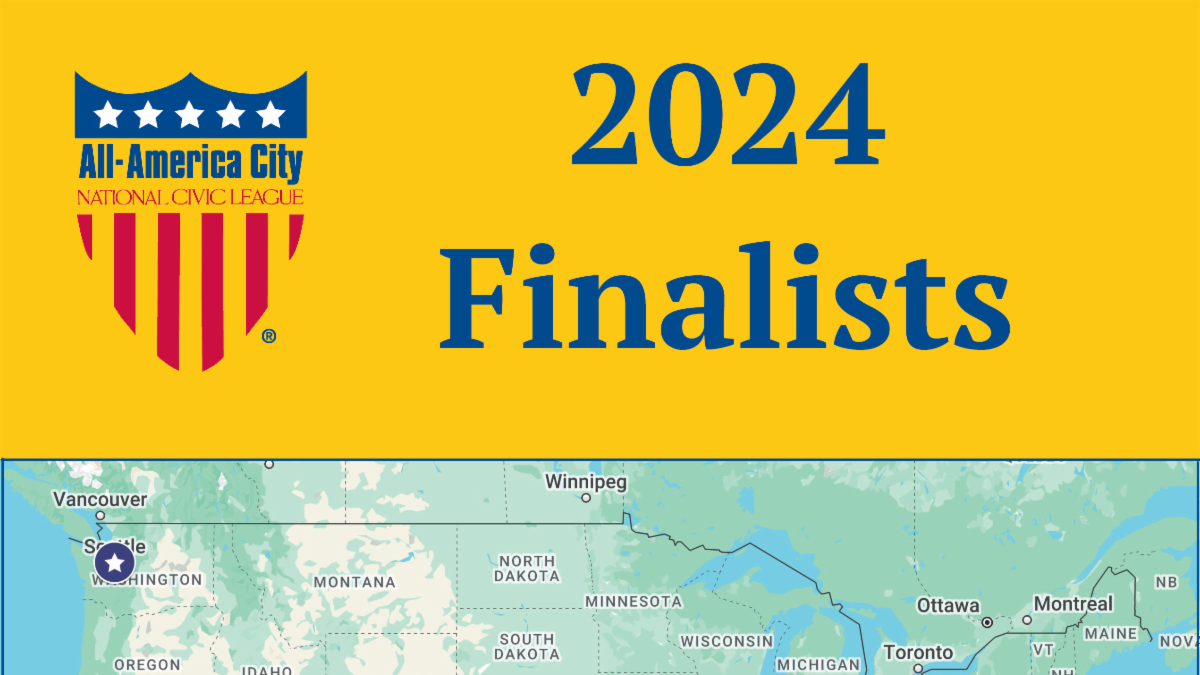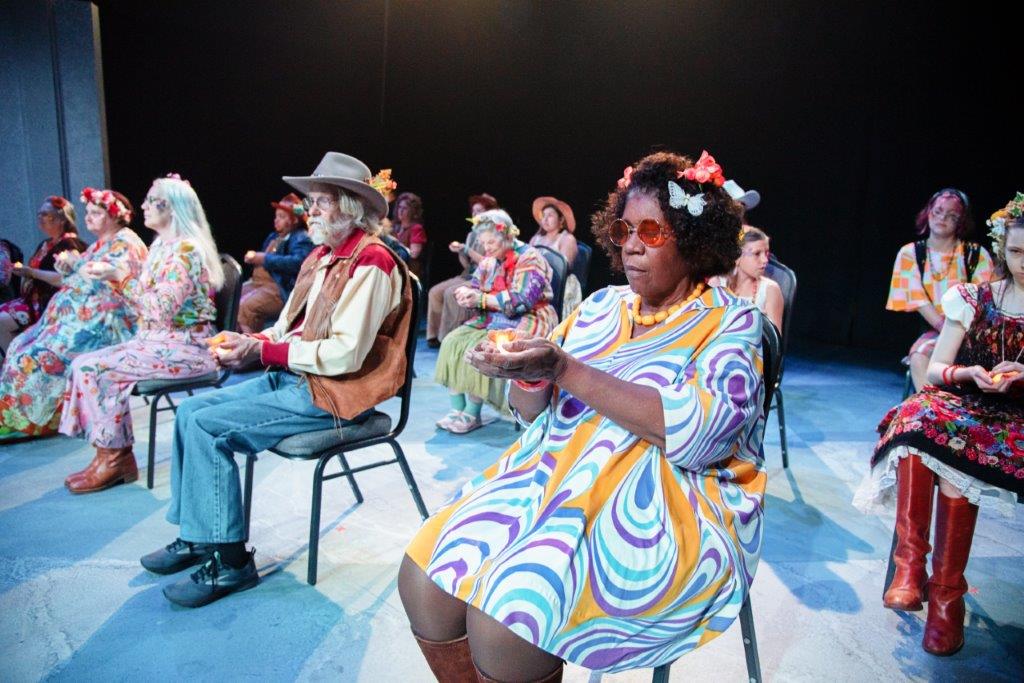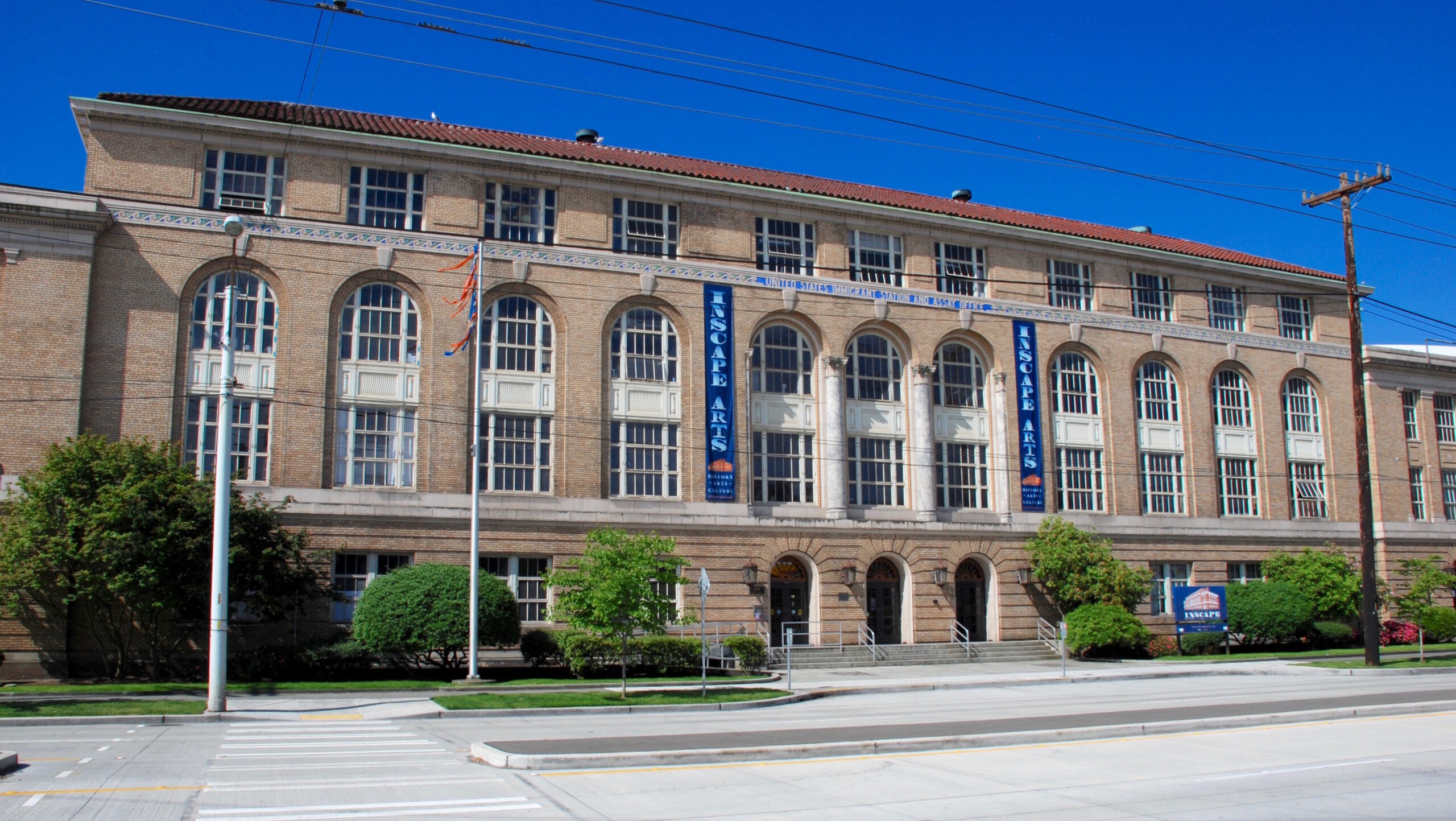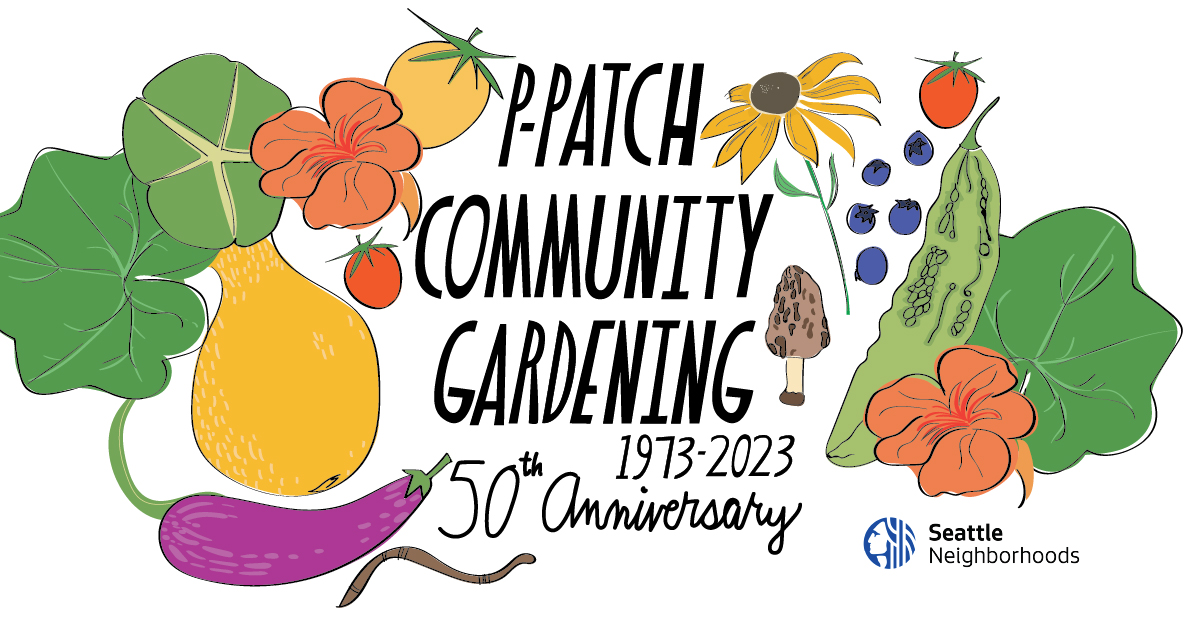
2023 Proclaimed the “Year of Community Gardening”
Seattle City Council and Mayor Bruce Harrell have proclaimed 2023 to be the Year of Community Gardening in honor of the P-Patch Community Gardening Program’s 50th anniversary. Seattle Department of Neighborhoods staff were presented with the formal proclamation at the January 31 meeting of the full Seattle City Council.
“This is a tremendous milestone for our P-Patch program, which for half a century has set the example for community gardening by expanding access to locally grown, healthy foods and bringing people together to embody our One Seattle values of service and partnership,” said Mayor Bruce Harrell. “The program has made great strides to break down barriers and make gardening more inclusive and accessible to all, and we are excited to see how it continues to grow and build strong communities in the years to come.”
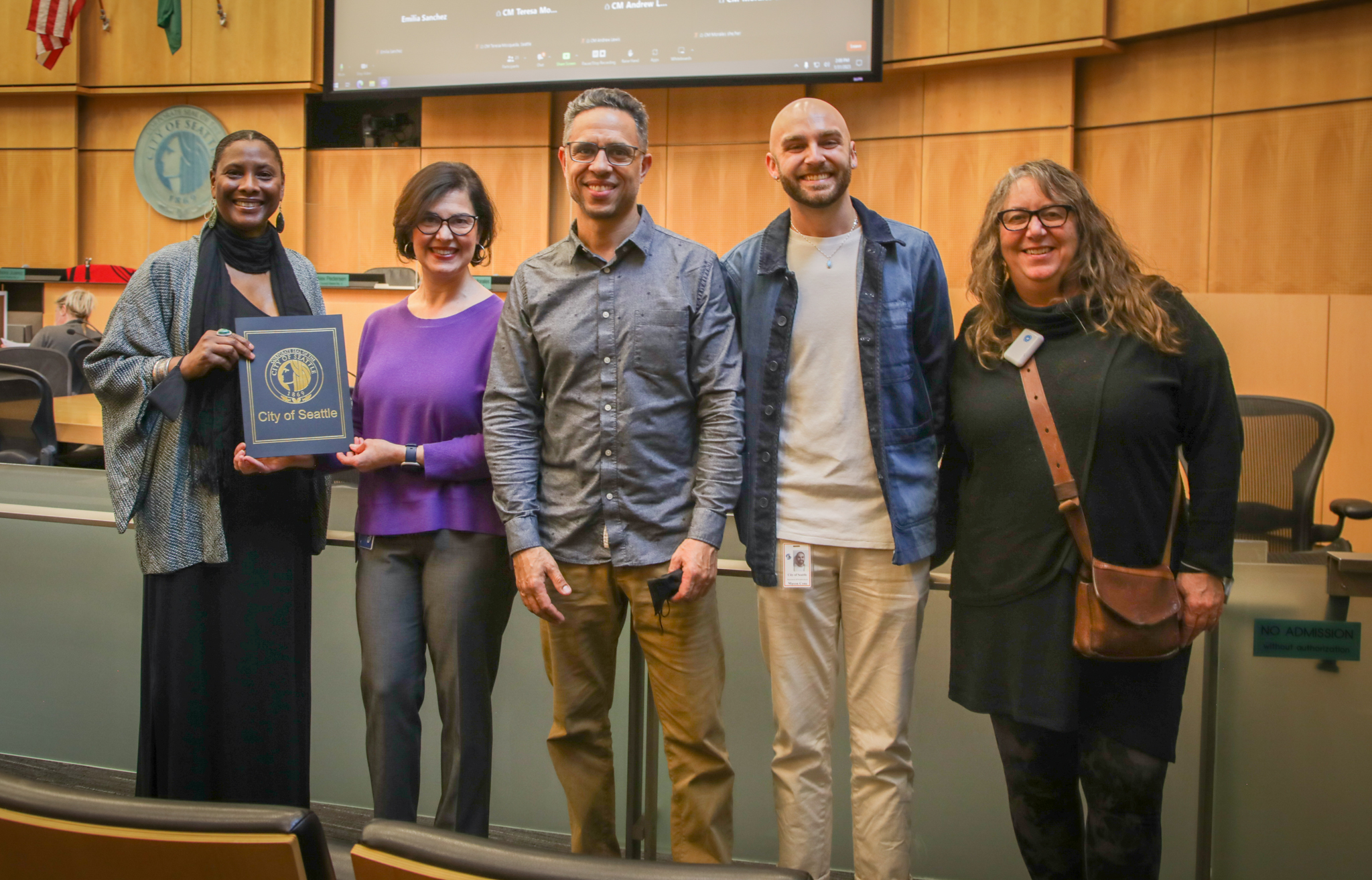
“Our City’s P-Patch program has done amazing work to build and maintain community well-being while addressing food access for all,” said Councilmember Tammy Morales. “We know that access to green spaces has an incredible impact on improving mental health issues such as depression and anxiety. I am honored to present this Proclamation as a recognition of their 50 year anniversary and look forward to watching this program continue to grow so everyone can have access to communal spaces to garden and gather as a community.”
The P-Patch Community Gardening Program, managed by the Seattle Department of Neighborhoods, is the largest municipally managed community gardening program west of New York. Community gardeners grow food, flowers, and herbs on 15 acres of land across the city of Seattle and provide stewardship for an additional 35 acres. All P-Patch gardens are open to the public to enjoy and are utilized as restorative spaces, learning and idea incubators, and venues for community gatherings.
P-Patch Program History
The P-Patch Community Gardening Program was officially started in 1973, but the program grew out of a larger movement focused on growing food for community and those in need. The name “P-Patch” commemorates the Picardo family who operated a truck farm in the Wedgwood area in the early twentieth century. Darlyn Rundberg, a neighbor of the Picardos, was inspired to start a community garden as part of the first Earth Day celebration. She asked the family if she could use a corner of their property as a community garden to grow food for people affected by the economic downturn. They agreed and, during the first two years, Puget Consumers Co-op (now PCC Community Markets) managed the community garden.
The experiment was so successful that the Picardos eventually sold what was left of their farm to the City of Seattle. With this, the P-Patch Community Gardening Program was officially born, and the Picardo Farm became the city’s first P-Patch in 1973.
P-Patch Program Today
Over the past 50 years, the P-Patch Program has grown to serve more than 3,500 households in 91 gardens located in neighborhoods throughout Seattle. True to its origins, the P-Patch program continues to support low-income and historically underserved community members through priority placement, financial assistance, and giving programs. In recent years, Seattle Department of Neighborhoods staff have prioritized achieving racial equity within the program by dismantling the institutional racism and systemic barriers that have prevented people of color from fully participating in the program. In 2022, the P-Patch Community Gardening Program:
- Provided $66,152 in plot fee assistance to 858 low-income gardeners.
- Welcomed 335 new Black, Indigenous and People of Color (BIPOC) and low-income gardeners through its priority placement initiative, representing 46% of all new plot assignments.
- Helped facilitate the donation of 44,403 pounds of organic produce to meal programs and food banks across Seattle through its Giving Gardens program.
“An anniversary is a celebration of time passed together, but in truth, our passion for community gardening and its ability to foster health and wellbeing in our neighborhoods transcends time. The P-Patch Program thrives due to the partnerships fostered between the City, local organizations like GROW and Seattle Housing Authority, and the gardeners themselves. Thank you to everyone who has joined us on this journey for the past 50 years.” – Kenya Fredie, P-Patch Program Supervisor
P-Patch community gardeners, City staff, and program partners will be celebrating the program’s 50th anniversary throughout the year with events, stories, celebrations, improvement projects, and more.
Learn more about the P-Patch Community Gardening Program at: https://www.seattle.gov/neighborhoods/p-patch-gardening.
What P-Patch Program Partners Have to Say:
“The opportunity to get outside and garden is vital to a lot of our residents, and we build garden plots into our communities wherever we are able,” said Seattle Housing Authority (SHA) Executive Director Rod Brandon. “We have a longstanding partnership with the City of Seattle’s P-Patch program to help residents continue diverse cultural gardening traditions of growing fresh organic produce for their families and contributing to local food drives. In addition to healthy eating and exercise, the gardens provide positive interactions among neighbors. SHA values our city’s P-Patch program and congratulates them on their 50th anniversary.”
“GROW began as a community advisory council for the P-Patch program and our organization has grown and expanded our mission over the years as a reflection of growth and change within the program,” said GROW President Kristin Parker. “The 50th Anniversary gives us the opportunity to look back at all we have accomplished as a community from establishing new gardens and preserving open spaces to developing a network of gardeners growing fresh organic produce for donation to our neighborhood food banks and so much more. It has been an amazing journey and we are excited to see what we can do together in our next 50 years.”
